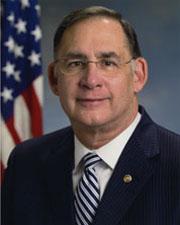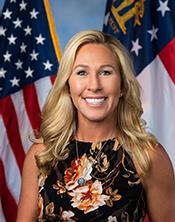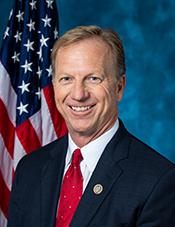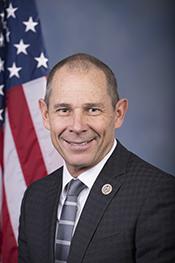S. 1978: Defense Technology Hubs Act of 2025
The Defense Technology Hubs Act of 2025 aims to enhance national security and maintain technological superiority by establishing a network of regional defense technology hubs. This initiative is overseen by the Secretary of Defense and focuses on innovation, collaboration, and the rapid development of technologies related to defense. The core objectives of the Act include attracting talent nationwide and fostering advancements in defense technologies.
Program Establishment
The Secretary of Defense is required to create a program known as the Defense Technology Hubs Program. The program will:
- Designate and support regional defense technology hubs.
- Solicit applications from eligible consortia, which can include universities, defense contractors, small businesses, nonprofit organizations, and state or local governments, to become these hubs.
- Set criteria for selecting consortia based on their capabilities, regional collaboration, and presence of federal defense institutions.
Objectives of Defense Technology Hubs
The defense technology hubs will have several key objectives:
- Accelerate the research, development, and implementation of emerging technologies with military applications.
- Encourage partnerships among the Department of Defense, private industry, academic institutions, and governmental entities.
- Address regional defense technology needs while leveraging local resources.
- Promote workforce development through training programs in collaboration with educational institutions.
- Enhance the resilience and security of the defense industrial base.
Funding and Grants
The Act authorizes a total of $375 million to be allocated over the fiscal years 2026 through 2030 for the program. Of this amount, $75 million is designated specifically for grants to support the defense technology hubs. The funds can be used for:
- Establishing the hub.
- Research and technology transition projects aligned with hub objectives.
- Operational and administrative costs.
Security and Compliance
Each defense technology hub must adhere to strict security and compliance regulations, including:
- Implementing cybersecurity measures.
- Following regulations regarding international arms and technology transfers.
- Preventing participation by entities considered a security risk.
Monitoring and Evaluation
The Secretary of Defense will oversee the program, ensuring compliance and effectiveness through annual independent evaluations and regular progress reports submitted by each hub. These assessments will review technology outputs, impacts on national security, and overall return on investment.
Coordination with Existing Programs
The program will work in conjunction with existing initiatives such as those by the Defense Advanced Research Projects Agency (DARPA) and the Defense Innovation Unit (DIU) to avoid duplication and enhance the efficiency of federal investments in defense technologies.
Implementation Timeline
The provisions of this Act will take effect 180 days following its enactment, allowing time for the necessary preparations and establishment of the program.
Relevant Companies
- BA (Boeing): As a major defense contractor, Boeing may benefit from increased collaborations and contracts due to the establishment of these hubs, particularly in areas of emerging technologies.
- RTX (Raytheon Technologies): Raytheon could see opportunities for innovation and partnership within these technology hubs, especially given its focus on defense technologies.
- LDOS (Leidos): As a company involved in defense and technology services, Leidos might engage with the hubs for projects related to artificial intelligence and data fusion.
- NOC (Northrop Grumman): Northrop's involvement in defense contracting could be positively influenced through its potential integration into the new regional hubs.
This is an AI-generated summary of the bill text. There may be mistakes.
Sponsors
2 bill sponsors
Actions
2 actions
| Date | Action |
|---|---|
| Jun. 05, 2025 | Introduced in Senate |
| Jun. 05, 2025 | Read twice and referred to the Committee on Armed Services. |
Corporate Lobbying
0 companies lobbying
None found.
* Note that there can be significant delays in lobbying disclosures, and our data may be incomplete.





























